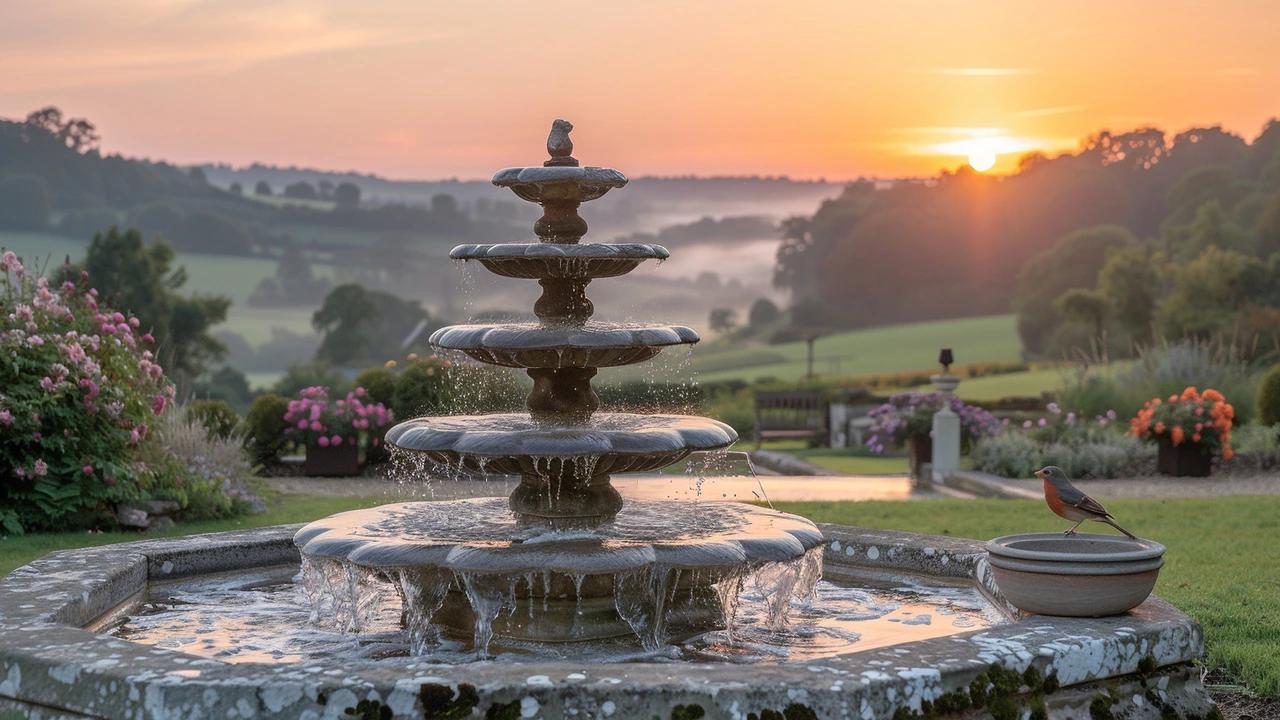Discovering the Power of Mindfulness
Mindfulness has the transformative power to not only reduce stress but also improve overall mental clarity and emotional resilience. It’s about living in the moment and acknowledging our thoughts and feelings without judgment. This simple practice has roots that run deep.
"Mindfulness isn't about being calm all the time, but about awareness and acceptance of your present experience," says Jon Kabat-Zinn, a pioneer in mindfulness-based stress reduction.Studies suggest that dedicating a few minutes daily to mindfulness can lead to significant improvements in quality of life.
Finding Solace in Deep Breathing Techniques
Deep breathing is a quick, efficient way to dial down stress levels in any situation. It works by stimulating the parasympathetic nervous system, essentially sending a signal to your brain to calm down. Techniques like the 4-7-8 method, where you breathe in for four seconds, hold for seven, and exhale for eight, have been praised for their simplicity and effectiveness. This practice can be especially helpful when feeling overwhelmed, anxious, or unable to sleep.
The Art of Progressive Muscle Relaxation
Progressive Muscle Relaxation (PMR) teaches you to relax your muscles through a two-step process. You systematically tense particular muscle groups in your body, such as your neck and shoulders, then release the tension and notice how your muscles feel when you relax them. This exercise provides both physical and mental benefits, aiding in the reduction of insomnia and muscle tension, while also enhancing your general sense of well-being. Regular practice can make a difference in how body awareness contributes to relaxation.
Unlocking the Benefits of Meditation
Meditation is perhaps one of the most recognized tools for enhancing relaxation and mental health. Whether it’s focusing on your breath, using a mantra, or practicing a loving-kindness meditation, these techniques can significantly lower stress levels, improve focus, and contribute to a healthier lifestyle.
"Meditation can help us embrace our worries, our fear, our anger; and that is very healing. We let our own natural capacity of healing do the work," Thich Nhat Hanh explains.
Physical Exercise: A Natural Stress Reliever
While not often categorized directly under relaxation techniques, physical exercise is a powerful ally in the fight against stress. Engaging in regular physical activity releases endorphins, the body’s natural painkillers and mood elevators, combating stress and leading to feelings of euphoria commonly known as the "runner’s high." Whether it’s a brisk walk in the park, a challenging yoga session, or a dance class, finding a physical activity you enjoy can be a significant step towards achieving relaxation and peace.
Incorporating Relaxation Techniques into Your Daily Routine
Starting a practice to incorporate relaxation techniques into your life doesn't have to be daunting. Begin with just a few minutes each day, gradually increasing the time as you become more comfortable with the practices. Remember, the goal is not to add another item to your to-do list, but rather to find moments of peace that can lead to profound changes in your stress levels and overall well-being.
“Peace is a journey of a thousand miles and it must be taken one step at a time,” Lyndon B. Johnson once remarked,highlighting the importance of patience and consistency in cultivating a more relaxed lifestyle.
